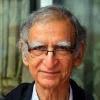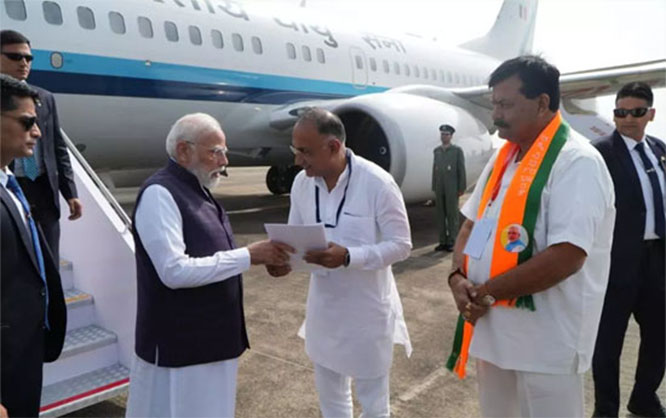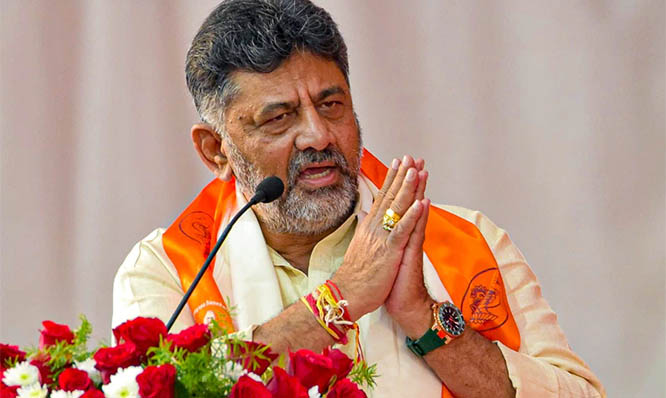Indian Constitution gives us the right to practice, preach and propagate our religion. To not to follow any religion is also a matter of right for the individual. Now in our country as we are facing declining GDP, worsening economic situation, rising prices-unemployment-farmers suicides and currently farmer’s agitation, some of our state Governments are more worried about the interfaith marriages and conversions. Some of them are busy putting forth the laws to prevent conversions. As such conversions have been nagging issue since last few decades but currently they are being attributed as the goal behind inter faith marriages. BJP ruled states and particularly UP, are busy formulating the laws to punish those who are involved in the process of conversions. Parallel to the efforts of state Governments, the vigilante groups are having a gala time harassing couples to ‘save their religion’!
Conversion, mainly away from Hinduism, is yet again coming to fore. The UP Government is planning an ordinance against organizations which are involved in conversion process. As per this organizations will lose their registration and face dire consequences. The ordinance demands a two-month notice to be given to the local administration. The local administration will have the power to decide whether your intended act is legal or not. And of course the burden of proof will be on the converts and the persons converting them. There is a special; mention of SC/ST and women. Many states are now vying to bring in anti ‘Love jihad’ and anti-conversion laws. There are many individual cases where couples and their relatives are being tormented by groups in the name of conversion and love jihad. Many of the laws being framed by the states are mostly against many provisions of Indian constitution.
During freedom movement, Arya Samaj had started Shuddhi movement to bring back those who had embraced other religions. Similarly Tablighi Jamat was active with the parallel campaign of Tanzim to convert people into Islam. The biggest conversion of twentieth Century was of course the one undertaken by Bhimrao Ambedkar. This conversion as such tells us the real cause of the conversions into other religions. Ambedkar, a dalit, got the highest of degrees and on return he had to face the ignominy of being and untouchable. In his struggles for social justice and for dignified life his, his major conclusions were that Hindus cannot be a nation due to the caste hierarchy. Hinduism is dominated by Brahmanical values. This is what made him declare that ‘I was born a Hindu that was not in my hands but I will not die a Hindu’.
His exploration led him to Buddhism, which formed that basis of his decision to embrace Buddhism along with over three lakh followers. Law Professor Sameena Dalwai, in her article draws our attention to the fact that had the present type of laws would have been there, Ambedkar might be behind the bars by now. The architect of Indian Constitution was for Liberty. Liberty does include right to our choice to follow any faith of our liking, or to be an agnostic or atheist as well.
While many people have not been exercising their right to choose their religion, many have done so in the past. That’s how Islam, Christianity, Sikhism and Buddhism spread in India. Buddhism did face a painful trajectory as it was attacked by elite intolerant traditions within Hinduism, which are totally against the concept of equality as propounded by Buddhism. Birth based inequality is peculiar feature of some sects prevailing here, with the sanction of Holy Scriptures. As a practice it is also part of other religions to some extent.
While today so many obstacles are being erected for the odd one opting to change one’s religion, history has seen streams of conversions, minor and major, to Islam and Christianity. Indian history has seen conversions mainly due to two factors. One is the tyranny of caste oppression. Swami Vivekananda tells us, “and The Mohammedan conquest of India came as a salvation of the downtrodden, to the poor. That is why one fifth of our people have become Mohammedans. It was not the sword that did it all. It would be the height of madness to think that it was all the work of sword and fire. It was to gain their liberty from the… zaminders and from the Priest, and as a consequence you find in Bengal there are more Mohammedans than Hindus amongst cultivators, because there were so many zaminders there.” (Selected Works of Swami Vivekanand, Vol.3, 12th edition, 1979.p.294.Extracted from the sayings of Swami Vivekananda compiled in `Proletariat! Win Equal Rights’ Advaita Ashram, Calcutta, 1984 p.16.).
Many a conversions did take place also due to the social interaction and spiritual quest also. Some victor Kings also put humiliating condition of acceptance of their religion by the defeated kings. In India it was mainly the interaction with Sufi saints that many took to Islam. One interesting example is that of Dileep Kumar becoming A. R. Rahman, under the influence of a Sufi saint.
The second phenomenon is that of Christian missionaries. They have been working on issues of health and education in remote areas also. A couple of decades ago Pastor Stains was done to death on pretext of conversion (1999) and in 2008 anti Christian violence has been orchestrated in places like Kandhamal in particular. The extent of this conversion is not very huge if we see that despite centuries of work, the Christian population in India as per the census of 2011 is 2.3%. (First Church was set up by St. Thomas in AD 52).
Political phenomena of ‘reconversion to Hinduism’ are not far behind as witnessed in Agra, where the pavement dwellers were promised the BPL card and ration card. They were lured to come to a puja and declared that now they are Hindus. Ghar Wapsi by giving bath in hot springs in Adivasi areas is very much there. This is a political move to bring these sections into the fold of caste hierarchy, yet again.








Comments
Add new comment